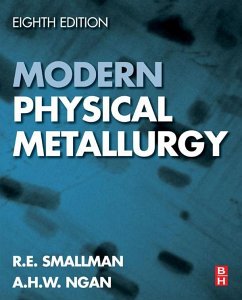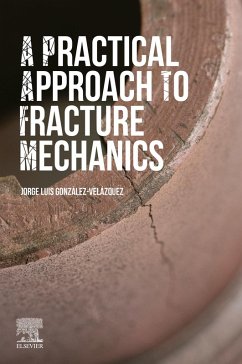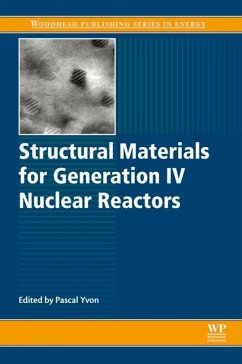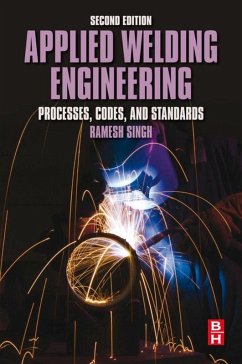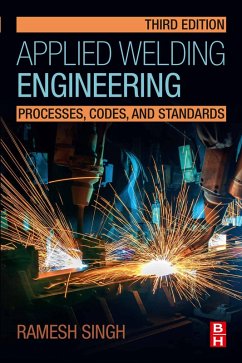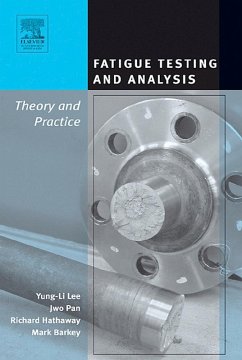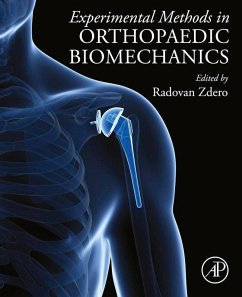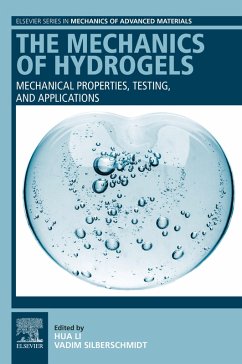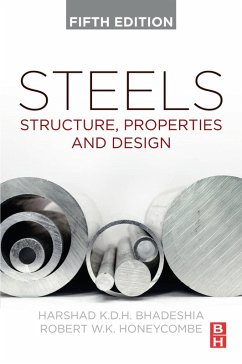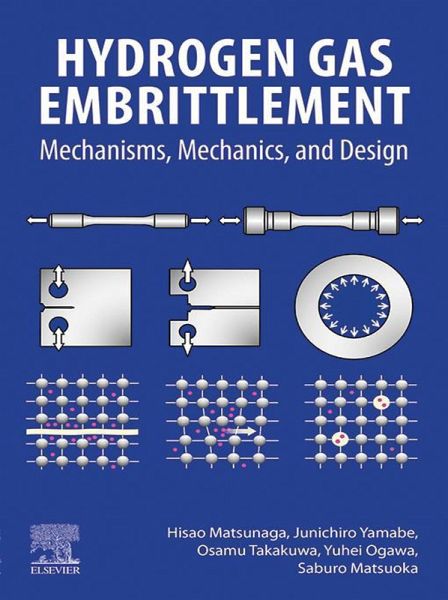
Hydrogen Gas Embrittlement (eBook, ePUB)
Mechanisms, Mechanics, and Design
Versandkostenfrei!
Sofort per Download lieferbar
160,95 €
inkl. MwSt.
Weitere Ausgaben:

PAYBACK Punkte
80 °P sammeln!
Hydrogen Gas Embrittlement: Mechanisms, Mechanics, and Design enables readers to understand complicated hydrogen-material interactions and conduct better material selection and strength design for hydrogen components. The book reviews the fundamental mechanisms of hydrogen embrittlement, the various behaviors of hydrogen in metallic materials such as diffusion, solution, and trapping, and emphasizes the necessary properties for effective strength design of various materials under the influence of hydrogen, including tensile properties, fatigue life, fatigue limit, fatigue crack-growth, and fra...
Hydrogen Gas Embrittlement: Mechanisms, Mechanics, and Design enables readers to understand complicated hydrogen-material interactions and conduct better material selection and strength design for hydrogen components. The book reviews the fundamental mechanisms of hydrogen embrittlement, the various behaviors of hydrogen in metallic materials such as diffusion, solution, and trapping, and emphasizes the necessary properties for effective strength design of various materials under the influence of hydrogen, including tensile properties, fatigue life, fatigue limit, fatigue crack-growth, and fracture toughness. Sections provide experimental data obtained in hydrogen gas at various pressures and temperatures together with the fractographic observations, including practical interpretation of hydrogen compatibility of materials based on tensile, fatigue and fracture mechanics testing results. Material testing machines and methods, the effects of hydrogen on various BCC steels, austenitic steels, and non-ferrous metals, and practical applications and methods of strength design for hydrogen vessels and components are all included as well. - Enables a better understanding of hydrogen-material interactions, allowing for better material selection and strength design - Provides insights on the hydrogen-induced degradation of materials strength at the atomic, macroscale and microscale - Looks at a number of degradative behaviors in a variety of materials, including BCC steels, austenitic steels and non-ferrous metals - Includes verification tests, case studies, applications and experimental data
Dieser Download kann aus rechtlichen Gründen nur mit Rechnungsadresse in A, B, BG, CY, CZ, D, DK, EW, E, FIN, F, GR, HR, H, IRL, I, LT, L, LR, M, NL, PL, P, R, S, SLO, SK ausgeliefert werden.




